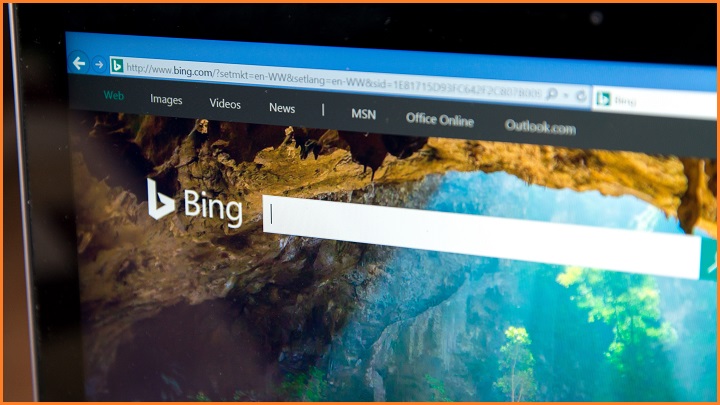Microsoft has come out in support of the news media bargaining code following tacit government endorsement of its search engine Bing in past week.
In a statement on Wednesday, Microsoft president Brad Smith said the company took no issue with the controversial legislation that has seen Google threaten to stop Australians from using Google Search.
“The code reasonably attempts to address the bargaining power imbalance between digital platforms and Australian news businesses,” Smith said.
“It also recognises the important role search plays, not only to consumers but to the thousands of Australian small businesses that rely on search and advertising technology to fund and support their organisations.
“While Microsoft is not subject to the legislation currently pending, we’d be willing to live by these rules if the government designates us.”
The proposed legislation gives stronger bargaining power to Australian news media business when dealing the digital platforms that include news snippets in their services.
If parties cannot reach an agreement on appropriate compensation, then they will front an independent arbitration panel.
Facebook and Google are currently the only digital platforms affected by the legislation, though the treasurer may designate different ones as the government sees fit.
Smith also said Microsoft would be more than happy to move some coveted advertising dollars out of Google’s coffers and into its own.
“Microsoft will ensure that small businesses who wish to transfer their advertising to Bing can do so simply and with no transfer costs,” he said.
“We recognise the important role search advertising plays to the more than two million small businesses in Australia.
“We will invest further to ensure Bing is comparable to our competitors and we remind people that they can help, with every search Bing gets better at finding what you are looking for.”
Like Google Search, Microsoft Bing makes money through targeted advertising powered by data collected on its users.
Microsoft made US$7.7 billion from search advertising in the 2019-20 financial year – compared to the US$104 billion Google pulled in from Search in the 2020 calendar year.
Government backs Microsoft
Prime Minister Scott Morrison and Communications Minister Paul Fletcher spoke with Smith and Microsoft CEO Satya Nadella last week and have since made public statements in favour of the tech giant’s Bing search engine.
At the National Press Club on Monday, a journalist asked if Morrison was confident other search engines could fill the void left by Google.
“I can tell you, Microsoft's pretty confident,” Morrison said in response.
Speaking to ABC’s RN Drive, Fletcher said he and the PM had a “very informative discussion” with Microsoft executives about Bing.
“At the moment they have a small market share in search but they are certainly interested in expanding that,” Fletcher said on Microsoft’s behalf.
“They’re interested in developing the presence of Bing here
“We’re a significant market and I think what we can expect is if Google were to leave … there are other market participants.”
Unconvinced by the government’s burgeoning relationship with Microsoft, Greens Senator Sarah Hanson-Young proposed her own solution to the threat of Google leaving – a publicly owned search engine.
“The internet is an essential service for most Australians,” Hanson-Young said in a statement.
“Currently, access to the internet is controlled by a small number of very powerful corporations.
“We should not seek out another foreign giant to fill the gap of Google, whether it’s Microsoft or anyone else, as they will still profit off the data of Australians and be beholden to shareholder interests.
“A publicly owned and independent search engine would be an important step forward in restoring a free and open internet.”
How well a publicly-owned search engine would function. given the government’s track record on building digital infrastructure, is up for speculation.










